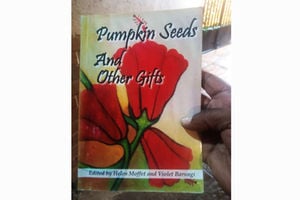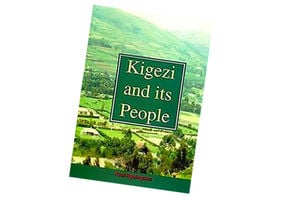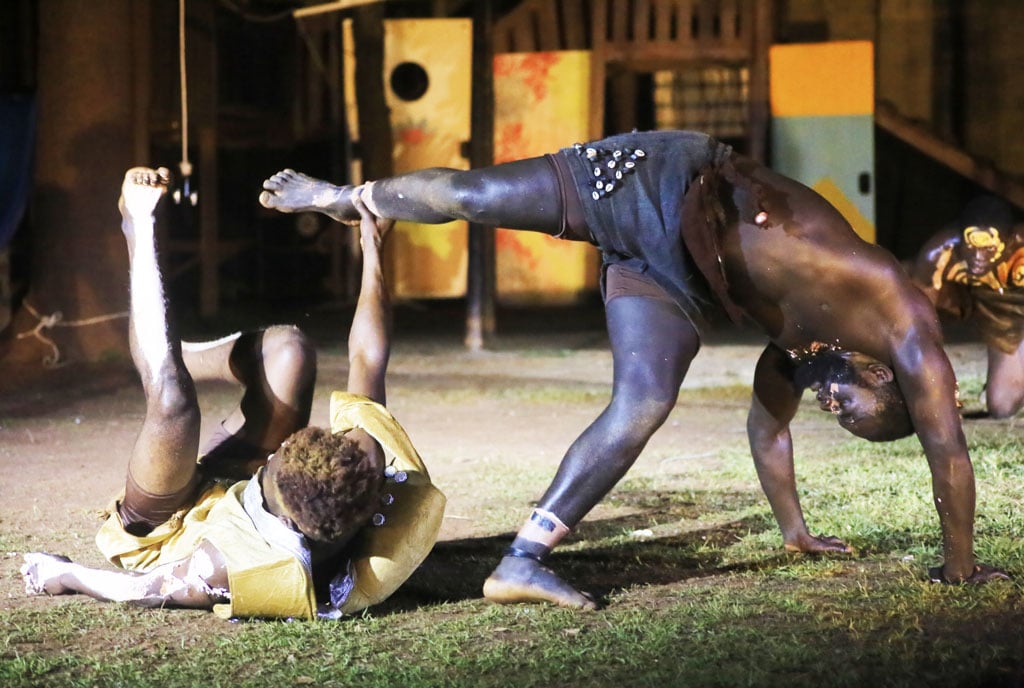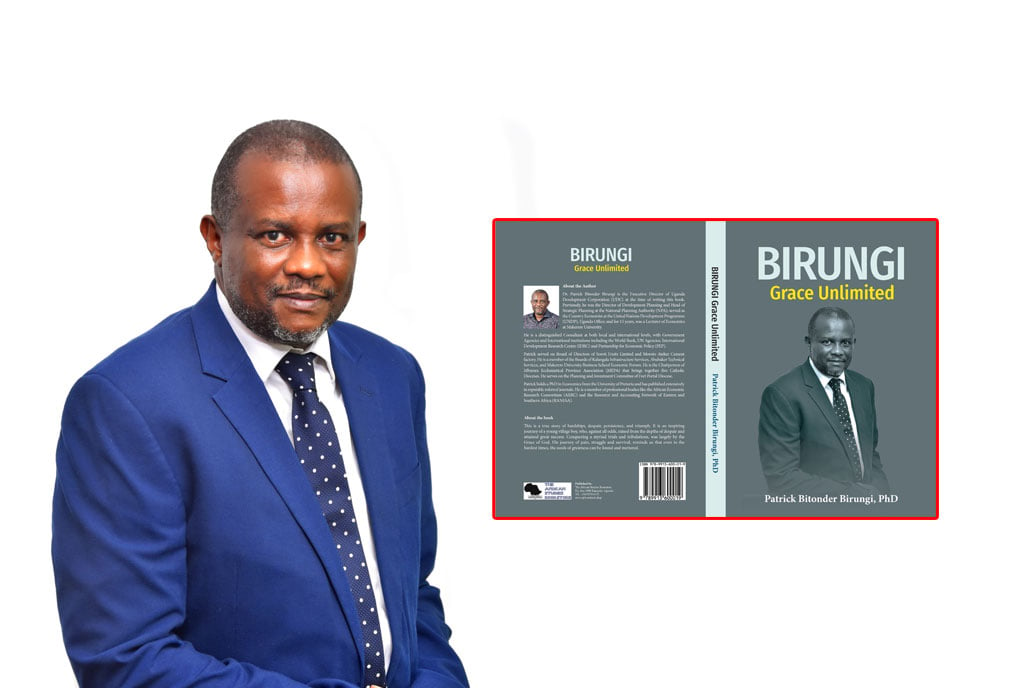
Reading helps a person to appreciate what they feel and the feelings of those around them.
Bibliotherapy is a form of therapy that employs the twin curatives of reading or writing as part of therapy.
Going further, poetry therapy is a subtype of Bibliotherapy. This is not because it can get all lovey-dovey and thus serve to ease ones inner tensions with the message that they are loved.
In poetry therapy, the therapist uses poetry to enable a person to appreciate what they feel and the feelings of those around them.
A Session in Therapy is a handy poetry collection which helps the reader decipher what makes sense in what is increasingly a senseless world.
In the poem titled The Comb, the persona curiously tells us about how to disentangle what might otherwise be a hairy situation.
“I am in search of peace but my mind roams
Through chaotic streets and crowded homes.
Tranquility is a fleeting friend to pursue
With a mindfulness peak.
But oh!
The trials of inner peace I face
In a world filled with chaos, it sets the pace
Of meditation to beckon on a tranquil beach
Of my thoughts like waves so still,” he emotes.
The metaphor of a comb used to seek out questions with no ready answers is endlessly clever.
Combs are used not only to identify the increasingly disgraced music mogul Sean Love Combs. They are used turn us into more appealing versions of ourselves.
To be sure, combs have the utility of helping separate tangled hairs in order to style the hair.
If hair can be used as metaphor for a situation which needs to be smartened up somewhat, combs are ideal in expressing this.
Also, they set things straight in a world that is surely askew; poetically speaking.
I hope we are still together, as we comb through this poetry.
The poem “The Residual Pain” is topnotch confessional verse, each word incarnating what will be familiar to every reader.
“And what do I do
With this residual pain
That haunts me in the
Darkness of the day?
My eyes are dry
But the memory is alive!
Like flashes,
They appear loud and live.
How do I stop this hurt?
This slow healing,
It’s burning me up!”
Let us treat these stanzas in isolation of the whole poem, so that we don’t spoil the whole poem for you by giving away too much.

The first line is a classic Non-question question.
You know it is because it asks the question without a question mark. This leaves it the open-ended, ready to go this way or that.
Not in a desultory fashion, however.
Rather, it allows the reader to answer however they wish. And this democratizes the pain we all feel in ways that make the poem relatable.
According to Henrik Ibsen, in the classic play An Enemy of the People, “The strongest man upon the earth is he who stands most alone.”
Individuality is hard currency whose purchase is never lost when one seeks to be themselves. But how can we be ourselves when immersed in the madding crowd?
The poem “I’ll stand alone” will not answer that question. But it will provide camaraderie to all those who have felt compelled to ask such as question in order to preserve their individuality.
“What can a couple of words do?
Do they really count for that much?
Is my armor tough enough?
Does my empathy act like a crutch?
One at war waging, raging alone
As people hurl their hate and disdain
My words are my fight song
I will stand alone forever, I will sustain.”
Mortifying yet gratifying, we learn that a singleness of purpose is what sustains us.
Title: A Session in Therapy
Author: Abdullatif Khalid Eberhard (The Sacred Poet)
Price: Shs30,000
Available: Email: [email protected]
Pages: 141
Published: 2024








